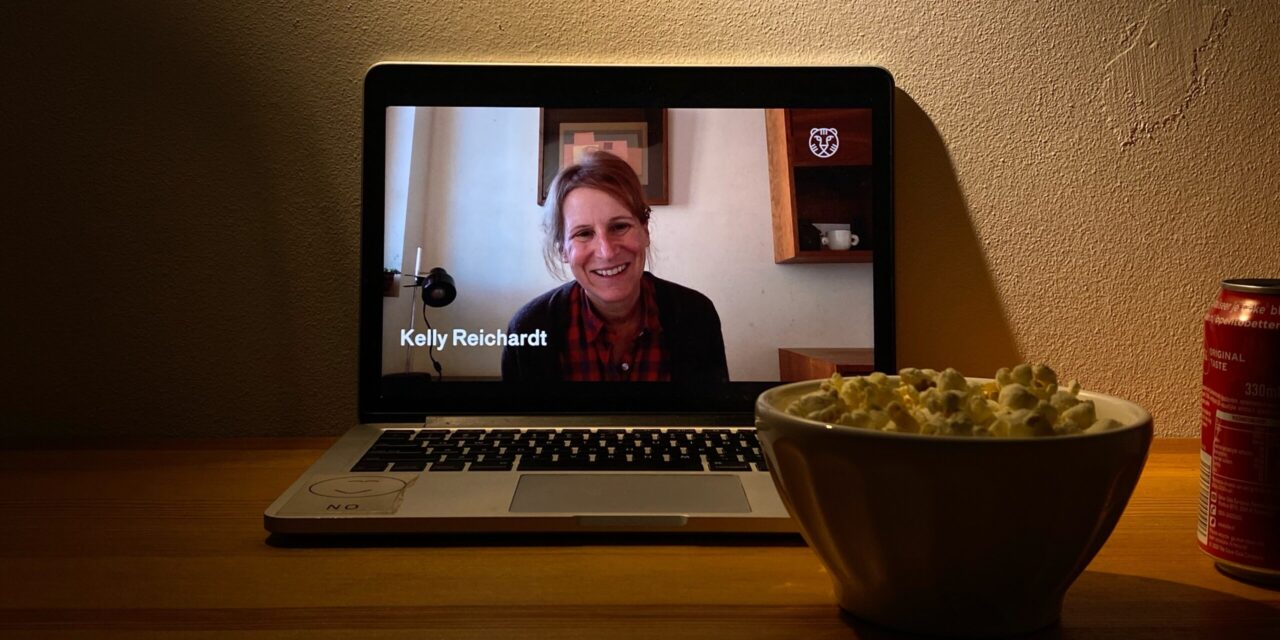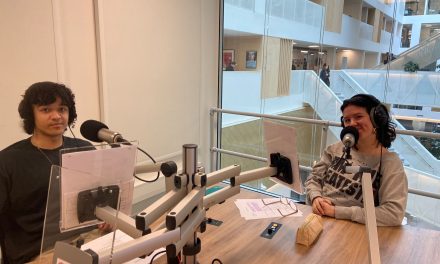Due to the global pandemic, not only the economic outlook but the cultural scene is being heavily affected. Well-known high-profile art fairs such as Frieze London and Art Basel in Miami Beach have been canceled last year. Inevitably, the film industry is also facing difficulty in this uncertain time. Berlin International Film Festival recently announced their hybrid format for the upcoming festival this year.
International Film Festival Rotterdam (IFFR) is one of the largest audience and industry-driven film festivals in the world. The festival’s official selection includes more than 500 feature-length films, mid-length and short films from over 50 countries. Even though IFFR was supposed to celebrate its 50th edition this February, the festival couldn’t avoid adapting to its hybrid format of the festival. IFFR has been split into two parts. The first part took place in February, where they focused on industry and competition programs. The second part takes place in June for their progressive and retrospective programmes. Especially for the hybrid format, IFFR Masterclasses with the filmmakers transformed into IFFR Talks, and daily talks were free and available outside of the Netherlands.
From 1-7 February, IFFR welcomed the audience to its first online film festival. Some audiences found it difficult. Others liked it more than physical screening because they could easily enjoy the films at home without traveling. The screenings were available both for live premieres and on-demand settings, yet, all screenings were geo-blocked, which means only residents in the Netherlands could purchase and watch the films during the festival. A geo-blocked setting was an inevitable choice as an organization and prevented the illegal piracy of the films. However, this obstacle blocked the possibility of having a potential audience from outside of the Netherlands. Moreover, the festival means a wholesome experience to meet people, expand the network, and not an environment where you only watch the films. With a hybrid online festival format, this charm of the festival was nowhere to be found.
Online festival format and the film industry

IFFR 2021 Tiger Competition Programme © Lesley Yoon
Despite these critics, a member from the Programme department shared his opinion on the hybrid set up and professional online meetings. “For the film industry, online format actually brought more people together than previous editions which were held physically, and I think this can be adapted to future editions too”; Usually, many of the film industry professionals travel from one festival to the other during a short period of time. This often leads to the professionals missing the press and industry programs because they are always in a rush of time. With the online format, they have more flexibility and control to check out the programs since they do not spend their time traveling.
Another programmer also mentioned that having an online festival due to the global pandemic is an unfortunate situation. However, having a partly online setup will be a great benefit for the future in consideration of climate change since most of the filmmakers and professionals take airplanes for their festival journeys. As an organization that strives for progress, holding socio-cultural programs, IFFR can present the program that can reduce the amount of traveling by professionals.
IFFR succeeded in gathering more donations via the website, in which more than half of the donations were recruited during the ticket sale. Almost 2000 visitors donated to the festival. To make it an interactive program with the audience, the festival also adapted by having live Q&As with the filmmakers of the selected films. This way, the audience still had the possibility to ask the questions as if they were in the actual cinema. “It was pretty stressful to plan everything online with the programs that require good interaction between the audience and filmmakers, but we are satisfied with how it all went in the end” says a programmer from IFFR.
Containing a lower amount of films, continuous changes in preparation for the festival led to many struggles and agonies. Yet, IFFR overcame and made its first wholesome online festival format to both public and the industry. Of course, IFFR still aims to return to its physical festival format, yet, it might not be too optimistic to look forward to witness a future edition that is partly online and partly physical for everyone’s tastes.




